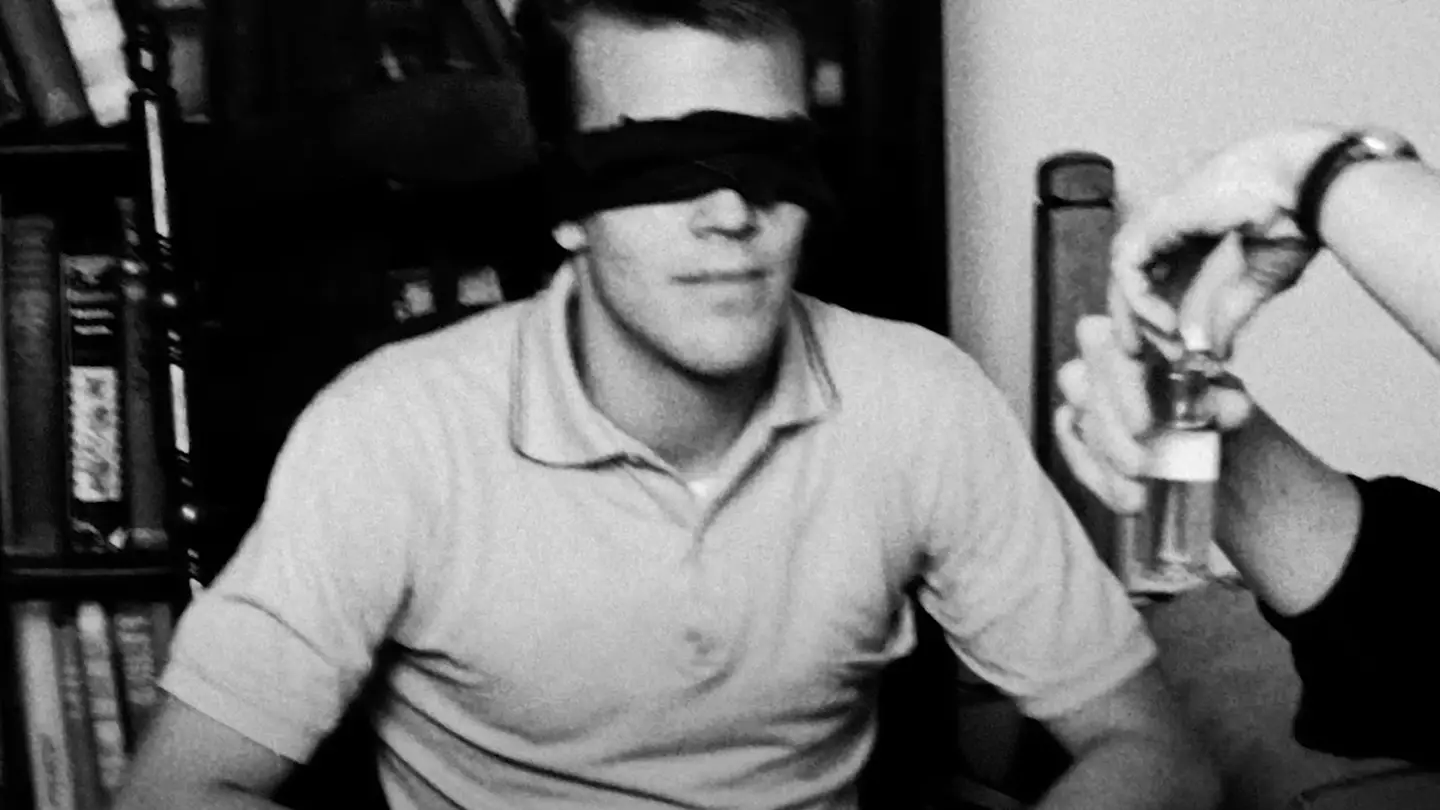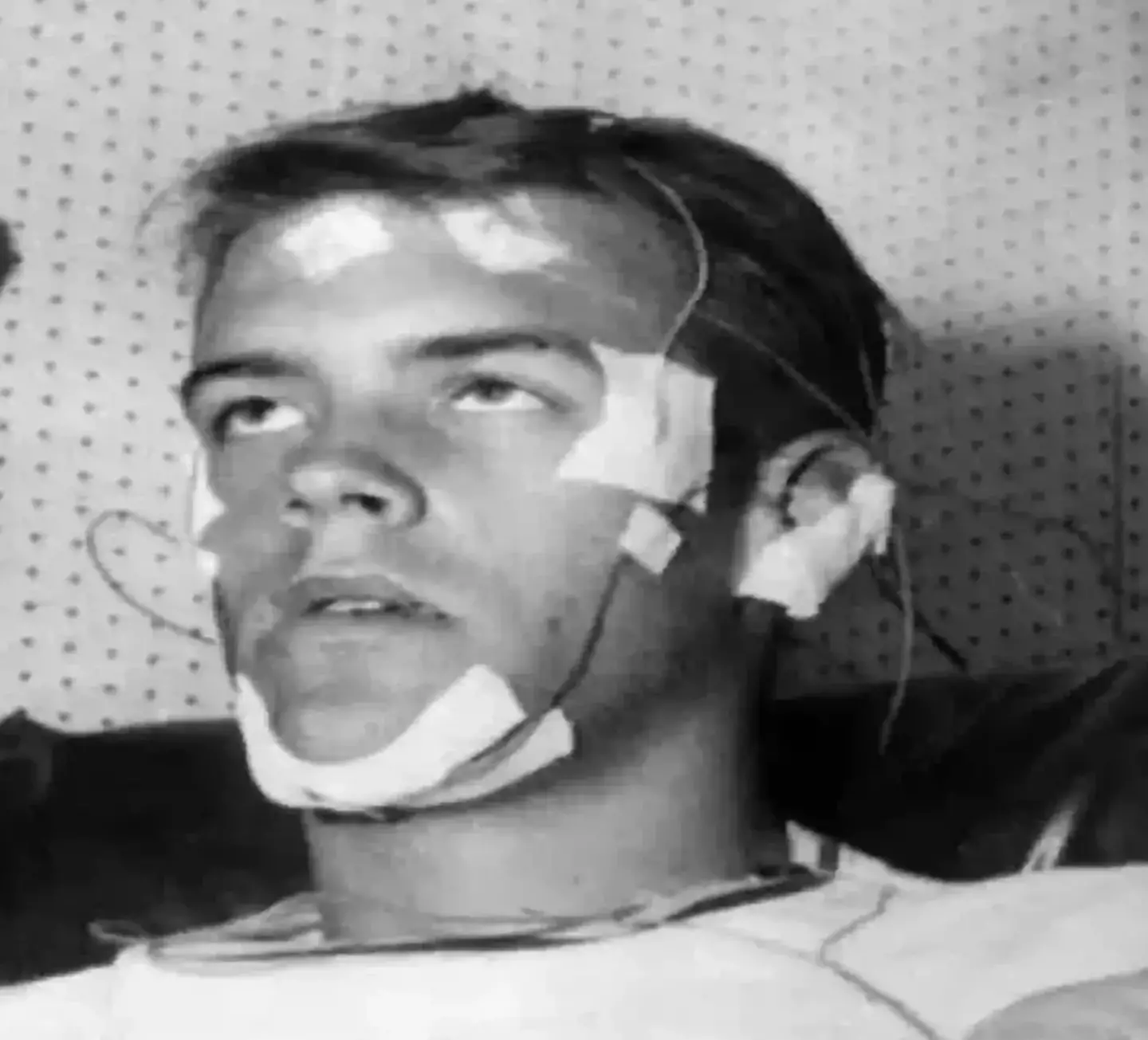
Topics: Guinness World Records, Health, Sleep, Mental Health

Topics: Guinness World Records, Health, Sleep, Mental Health
A man who didn't sleep for a whopping 264 hours straight detailed the horrifying short-term impacts it had on his body and mental wellbeing.
Back in 1963, 17-year-old Randy Gardner and his friend Bruce McAllister made a pact to stay up for a record length of time.
Their idea was that they would smash a world record (260 hours) and ace their science assignment, meanwhile, discovering what really happens to a human’s brain if they don’t get enough sleep.
In order to decide which of the duo would do the staying up, they flipped a coin, and it was decided that Gardner would become sleep-deprived in the name of science.
Advert
Realizing that their feat was more difficult than it seemed, the pair enlisted the help of another friend - sleep researcher William Dement from Stanford University.
"[Gardner's parents] were very worried that this might be something that would really be harmful to him. Because the question was still unresolved on whether or not if you go without sleep long enough you will die," the expert previously said.
Gardner and McAllister’s experiment provided some unexpected results just a few days in.
After three days without any sleep, Gardner apparently began to experience concentration issues and short-term memory loss.
The student at the time was also reportedly suffering from moodiness, paranoia and hallucinations.
A video uploaded by the Guinness World Records YouTube channel revealed that Gardner would still be able to partake in activities, and was even able to win a game of pinball despite his extreme tiredness.
Dement said: “He was physically very fit so we could always get him going by playing basketball or going bowling, things like that.
“If he closed his eyes he would be immediately asleep.”
Brain scans would later reveal that the participants’ brain had been ‘catnapping the entire time… parts of it would be asleep, parts of it would be awake’.

The teen seemed to have no major short-term issues from completing his science project, though did later admit that he had been suffering from unbearable insomnia for decades.
"I was awful to be around. Everything upset me. It was like a continuation of what I did 50 years ago," he explained.
Now in his late 70s, we don't really hear much from Gardner anymore, though his record for longest time without any sleep has since been beaten.
But, of course, experts have issued strong warnings about taking part, as those who suffer from sleep deprivation can be at risk of heart disease, exhibit poor balance and be subjected to high blood pressure.